APPEARING BEFORE THE JUDGE
After an arrest in California if the defendant does not post bail they will need to remain in custody until they are able to appear before a judge. This is required to happen within three business days.
On the arraignment date, the defendant will be transported from jail to the court wearing jail clothes, typically an orange jumpsuit. Multiple defendants will wait in a cage-like jail cell in the courtroom and each will be called in turn to address the judge. The defendant will have the opportunity to plead guilty or innocent to the charges filed against them.
THE JUDGE & BAIL
If the defendant opts to enter a plea of guilty, the judge will issue a sentence. On the other hand, if they plead not guilty, the judge has multiple options in terms of the bail. The judge can leave the bail the same (which is most common), raise the bail amount or lower the bail amount. In some cases, the judge may release the defendant on a promise to appear before the court at later appearances. There is also the possibility that the judge may decide to remove bail, meaning the defendant is no longer entitled to bail and will remand the person to jail. In that case, the defendant will be required to remain in jail until the matter is resolved in court.
WAITING AFTER COURT
If the defendant still has bail, they will be returned to a jail cell. The court and jail systems will coordinate information to update the defendant's case. In most cases, this happens overnight. So, having remained in jail awaiting the judge takes up to three days and waiting for the systems to "update" the defendant takes an additional day.
BENEFITS OF POSTING BAIL
Because of the time in jail and the significant latitude of the judge in determining bail, it's often best to bail out of jail as soon as possible, prior to seeing the judge. This will allow the defendant to resume their day-to-day activities while waiting for resolution on their case. Not bailing out means not being able to go to work. It also means not being able to prepare for court at home surrounded by friends and family. Defendants who bail out may also have an easier time seeking adequate legal council to help prepare the case.
Helping a friend or family member secure a bail bond is a lot less complicated than you might think. Most bail companies work 24-hours a day, 7-days a week. Some bondsmen offer online bail bonds and can assist you without your needing to leave your home. Some accept credit cards, and others may offer bail flexible payment plans to those who qualify. Before you move forward with a bail bond, be sure to ask lots of questions. This way you’ll be able to ensure you’ll be working with someone you feel is best suited to help with your particular situation.
Last Updated 11/19/2011

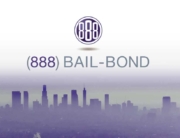
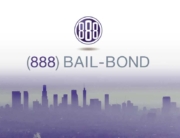
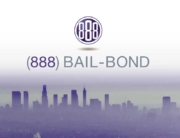


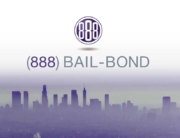
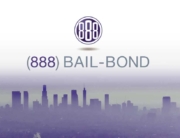
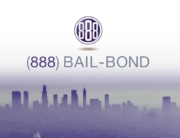
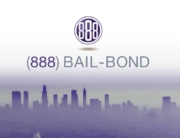
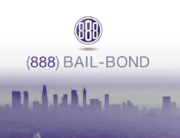




Follow Us
Facebook
Twitter
Google +1
LinkedIn
Youtube